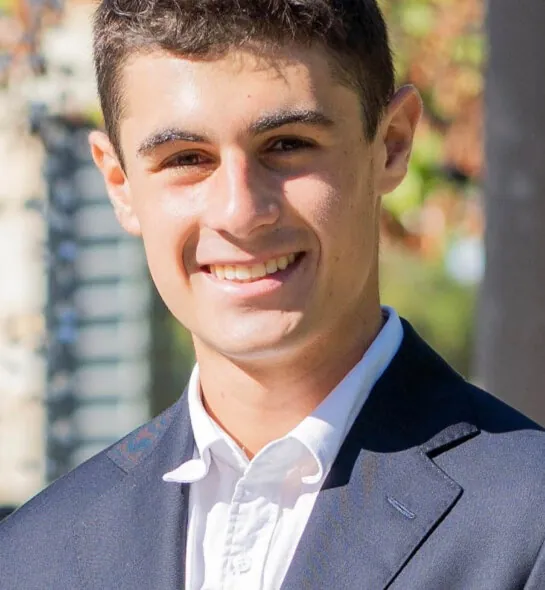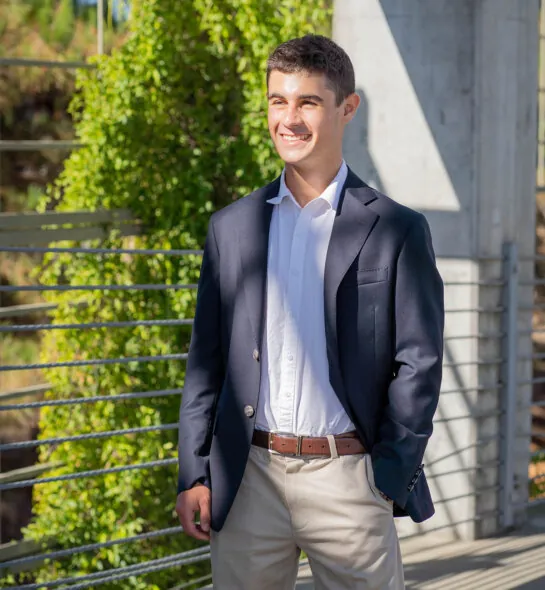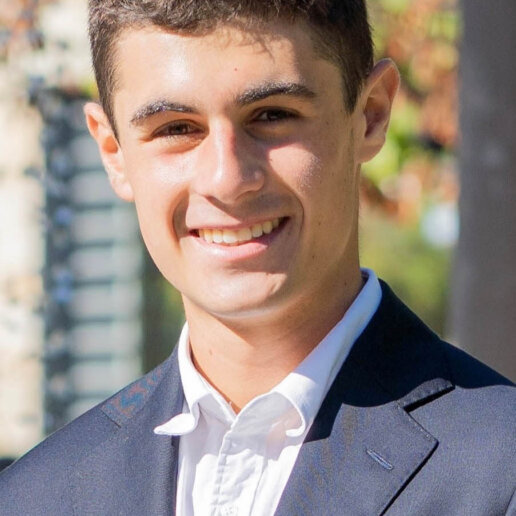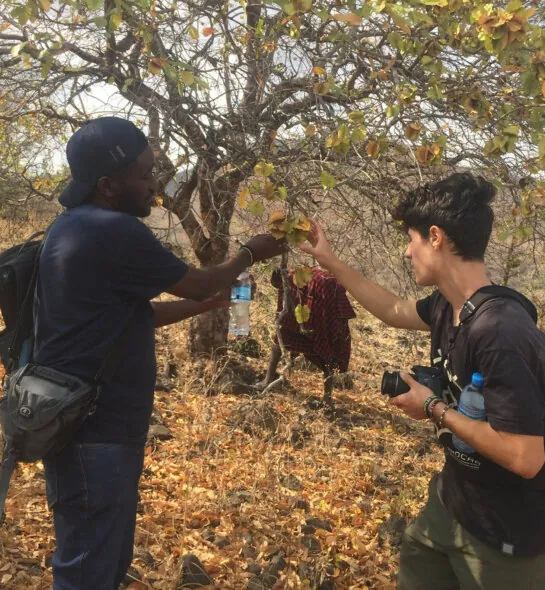Deeper Dive
I started The Ilomon Project as an endeavor to preserve the endangered traditional medicinal practices of the Maasai people in Northern Tanzania. After witnessing a Maasai guide's reliance on natural remedies while traveling in Africa, I researched and found a disturbing trend of cultural dissociation in Maasailand. Knowledge of remedies was disappearing within years, and my mission became to save them. The Ilomon Project, a name derived from the Maa word for “stories”, is at heart an effort to preserve culture, and thus has no finite end. Although my team is just now expanding, I went to Africa alone last summer in order to live with the Maasai and document plant medicine in the more rural areas where cultural loss is so far minimal. This involved taking numerous photographs and videos, and most importantly voice recordings of Maasai people discussing each plant’s uses. This served two purposes: one, to preserve the disappearing medicinal traditions, and two, to expand the currently small repository of knowledge on the Maasai language. Working with a team in Tanzania, I first transcribed the Maa audio recordings, and then translated the recordings into Swahili and English. The Ilomon project’s database at ilomonproject.com is the largest repository of Maasai medicinal knowledge recorded and transcribed in their own language. I’m excited to watch the Ilomon Project grow with future support and technology, and to see its potential to preserve a tradition that means so much to me personally and intellectually.
Right out of the gate the biggest problem was understanding what I was going to encounter in Africa. I had been once, but a mere family vacation was different than living practically alone with the Maasai tribe for a month. To this end I received enormous help from my mentor Danielle Heard Mollel and her husband David, both of whom imparted invaluable knowledge of the Maasai. With their help and introduction to a Maasai-led service program in Tanzania, called Future Warriors, I found a Maasai translator and a local driver to accompany me into the remote villages I had chosen to research. The next immediate problem was an obvious one-- money. Fundraising was excruciatingly hard in the early days of the project. To supplement what I could raise, I earned money through tutoring viola players several days a week for two years, saved all of my relatives’ holiday gift-cards, and worked up a budget proposal to my parents that demonstrated how total costs would match, and not exceed, what they had set aside for summer camps in the United States. I was able to find my way to Tanzania and hire all the required pieces in order to translate the 120+ recordings. In the future, I hope to return to Tanzania not alone, but with a team of like-minded cultural preservationists and researchers.
My work is the first contribution to the field of Maasai ethnobotany to provide detailed descriptions of the plants in the indigenous languages of the people to whom this knowledge belongs. While there is some research on Kenyan medicinal plants, there is almost none on Tanzanian plant medicine, and nothing accessible to the Maasai. Through Ilomon, these remedies can be preserved, thus helping to protect the culture and language of the Maasai. The complex problem of land loss in Tanzania often pits Tanzanian economic gain against cultural preservation. Without access to modern hospitals, more rural Maasai rely on their traditional medicines. As urban population growth strains cities, maintaining rural living options for the Maasai is essential. Ensuring these Maasai remedies remain options helps preserve these traditions for future generations and relieves pressure for many Maasai to seek the city.



